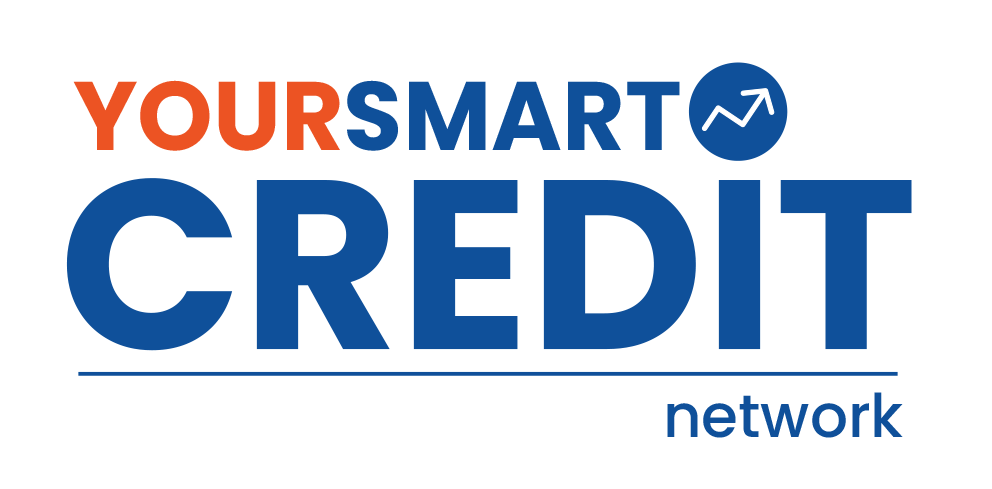How Much Do You Think You Know About Credit Scores?
by John Ulzheimer
 VantageScore Solutions and the Consumer Federation of America recently conducted a study of over 1,000 adults regarding their knowledge of credit scores. More than half knew about credit scores. Most knew the key ways to raise or keep their scores, the impact of co-signing, and that paying on time would improve their score. The key issues in which they lacked knowledge were inquiries, how credit card issuers and mortgage lenders use scores, and the impact of age and marital status on scores.
VantageScore Solutions and the Consumer Federation of America recently conducted a study of over 1,000 adults regarding their knowledge of credit scores. More than half knew about credit scores. Most knew the key ways to raise or keep their scores, the impact of co-signing, and that paying on time would improve their score. The key issues in which they lacked knowledge were inquiries, how credit card issuers and mortgage lenders use scores, and the impact of age and marital status on scores.
Highlights
55 percent had good or excellent knowledge of credit scores.
75 percent knew the key ways to raise or maintain their scores.
70 percent knew the impact of co-signing. They knew that the information is reported on both the individual that applied/signed for the loan and the co-signer. If the person who signed for the loan defaults, the co-signer is responsible.
94 percent knew that paying loans on time would improve their score.
40 percent didn’t know that credit card issuers and mortgage lenders use scores to make decisions about credit availability and pricing.
40 percent believed that age and marital status affect credit scores. This is incorrect; neither is used in credit scores.
37 percent believed that credit reporting agencies were “always” or “usually” helpful in correcting credit report errors and improving scores.
A majority were unaware that utilities, cell phone providers, home insurers and landlords use credit scores to determine service approvals, rates, and deposits or down payments,
80 percent underestimated the impact a low score can have on a $20,000 auto loan. For example, a borrower with a low score would be charged a higher interest rate for a 60-month auto loan than a borrower with a high score and could pay at least $5,000 more according to the Consumer Federation of America.
Only 7 percent knew that multiple inquiries for a mortgage, auto, or student loan made within one to two weeks were treated as one inquiry. As a result, they did not comparison shop, which could cost them more in interest expense.
The best way to raise your score or to maintain a high score to is to pay your bills on time, in full, keep your credit card balances low, and do not apply for credit you don’t need. How do you compare in your credit score knowledge?
 Credit Reporting Expert, John Ulzheimer, is the President of Consumer Education at SmartCredit.com, the credit blogger for Mint.com, founder of www.creditexpertwitness.com and a Contributor for the National Foundation for Credit Counseling. He is an expert on credit reporting, credit scoring and identity theft. Formerly of FICO, Equifax and Credit.com, John is the only recognized credit expert who actually comes from the credit industry. You can follow John on Twitter here.
Credit Reporting Expert, John Ulzheimer, is the President of Consumer Education at SmartCredit.com, the credit blogger for Mint.com, founder of www.creditexpertwitness.com and a Contributor for the National Foundation for Credit Counseling. He is an expert on credit reporting, credit scoring and identity theft. Formerly of FICO, Equifax and Credit.com, John is the only recognized credit expert who actually comes from the credit industry. You can follow John on Twitter here.by John Ulzheimer 19/06/2013



